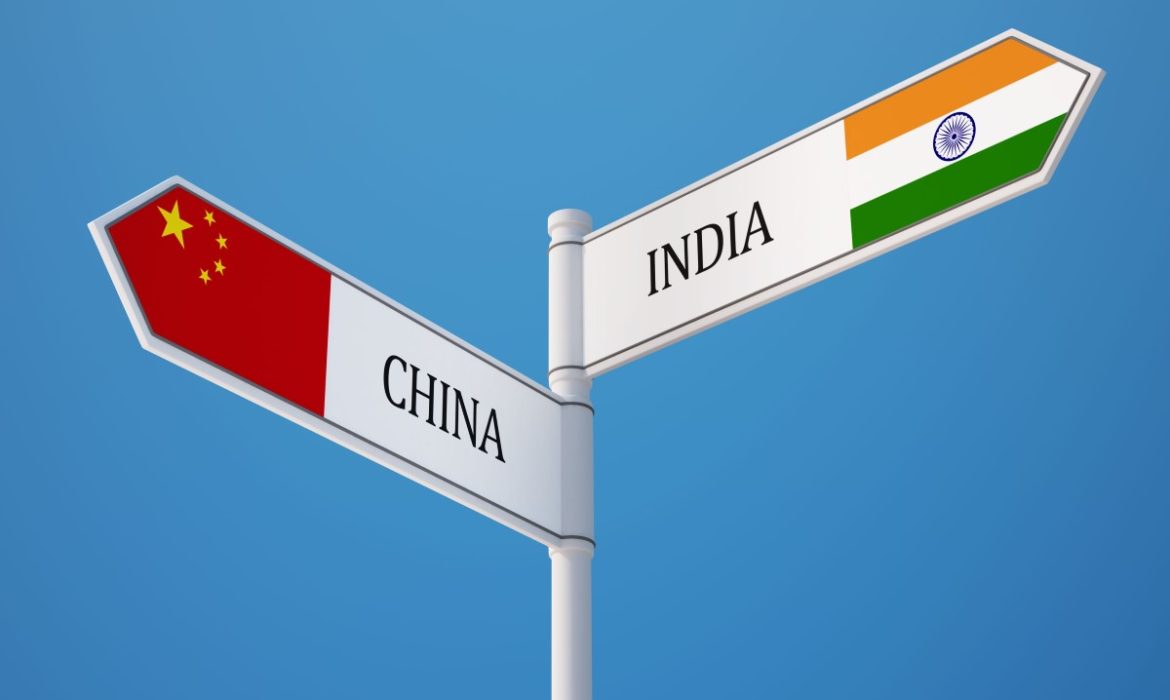Since mid-December 2019, Indian steel prices have been on the rise. But a sudden outbreak of the Coronavirus in China shocked the market. The virus halted all economic activities in the epicenter, but it also spread to other cities, including Beijing.
In 2020, the Chinese economy may have not achieved the calculated growth, and as a result, it slowed down global growth too. The role of China is very significant in the commodity market. Chinese activities influence the capacity, production, marketing, and prices of commodities. China has already lost around 43-45 million tons of steel consumption. January 2020 showed a decrease in steel production, which pulled down global production too. Chinese steel exports in the first half of 2020 may be a bare minimum because it depends on the perceived threat by the importing nations. Poor demand results in lower prices. This is good news for Indian steel manufacturers. Nonetheless, the challenge for domestic players would be to look for additional markets for the reduced export tonnages.

Chinese companies had been considering expanding their interests in India. There have been talks about cooperation in the field of manufacturing. China’s investments started to increase in labor-intensive industries. It could create employment opportunities in India. India’s largest show, Auto Expo 2020, attracted lots of Chinese automakers. They have plans to invest in the establishment of a manufacturing unit in India.
However, India adopted harsh measures on Saturday. The country barred foreigners who have been to China from entering the country. China fully understands India’s decision. A sudden epidemic outbreak in China canceled investment plans. Indian carmakers are suffering from the interrupted supply of the materials produced in China.
You can choose your friends, but you can’t choose your neighbours
The relations between the two countries hasn’t been excellent. India is seeking to enlarge its exports to China. China hasn’t been open to other country’s products, and neither allowed its foreign investment to grow in India. Although the country had approved the import of non-basmati rice, cancer-related medicine, and some other products, the foreign trade deficit has been huge. During his visit to India in 2014, the President of China announced that China would invest $2 billion in the next five years in India. In 2015, he declared that Chinese companies would invest $3,200 million in India.
However, today 1000 Chinese companies are doing their business in India, out of which 800 companies are small and medium-sized. Their investment only includes $800 million USD. Thus, the above investment-related announcements have remained on paper only. While there has been considerable improvement in the ease of doing business in India, there has been no significant increase in Chinese investment, says Prahlad Sabnani, General Manager at the State Bank of India.
China and India should cooperate to reduce damage to bilateral economic and trade cooperation. Prahlad Sabnani says that the relations between China and India are very complex. There are lots of differences in views between those two countries. It’s impossible to change neighbors. Therefore, maintaining good relations with China, one of the strong economies of the world today, will be in the best interest of India.
















